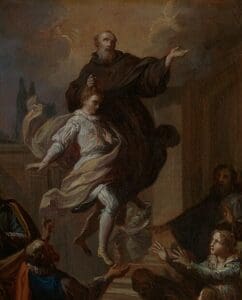 St. Joseph of Cupertino
St. Joseph of Cupertino
Explore the Saints
St. Jerome

A doctor of the church, Jerome was born 342 in what is now northeastern Italy. His father provided him with a good education, sending him to Rome to learn from the best teachers. His teachers were not Christian, however, and Jerome began to fall into habits of decadence that were the order of the day in Rome.
With friends, however, he would visit the tombs of the martyrs and apostles in church crypts or catacombs. Soon, Jerome was moved to devote his life to God.
In 374, Jerome settled in Antioch, the premier Christian city of Asia Minor. Jerome fell ill and had a delirious vision in which he stood before Christ in judgment and fell short because he had put rhetoric and study before faithfulness.
The experience touched him deeply, and he decided to retreat to live in the desert to seek holiness—he spent four years alone, focusing on prayer and fighting temptation with fasting, all the while suffering from poor health. His time in the desert focused his will and fired his passion for faithfulness, inspiring his eventual return to the city.
To distract his fiery will from temptation, Jerome dedicated himself to learning Hebrew from a fellow monk who had converted from Judaism. He found the Semitic language challenging, but he set his sharp mind to the task and persevered.
When he returned to Antioch, Jerome was ordained a priest, but felt drawn to the monastic life. He went to Constantinople to study Scripture under the great St. Gregory of Nazianzen. Later, he journeyed to Rome to attend a church council and was retained there by Pope Damasus I to be his secretary. At the pope’s request, Jerome retranslated and corrected the Latin version of the Greek Gospels, which had a number of errors in their transcription through the years.
Jerome possessed razor-sharp wits and often used pointed sarcasm to direct criticism at non-believers and other Christians with slack faith. “I never spared heretics and have always done my utmost that the enemies of the Church should also be my enemies,” he wrote.
Those who disliked him gossiped about him profusely, so Jerome decided to depart Rome for Palestine. He lived in a stone cave and opened a free school and hospice outside Jerusalem, near Bethlehem.
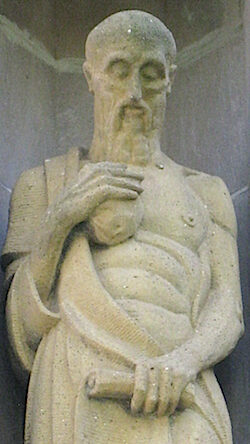
He continued to correspond with Church leaders, including St. Augustine, about certain heresies or distortions of the faith, quick to point out where error was present. Jerome’s quick temper and salty tongue were only matched by his quickly converted heart. He is often depicted striking his breast with a stone (as in the statue here, from Dillon Hall) because he was as quick to repent as he was to convict.
He is known best for his work translating Scripture—the Church recognizes him as a great doctor of the church for his work translating not only the Gospels, but the entire Greek New Testament into Latin. Jerome translated both the Christian Scriptures and the Septuagint—the Greek translation of the Hebrew Scriptures—into what was the vernacular language of his day—Latin—thus his translation became known as the Latin Vulgate.
When Rome fell in 410, the wealthy elite that had slandered him were scattered. Many wandered through the Holy Land as beggars. Jerome interrupted his study and translation work to attend to their needs. “Today we must translate the words of the Scriptures into deeds,” he wrote. “Instead of speaking saintly words we must act them.”

Jerome died on this date in 420, and some of his relics rest in the reliquary chapel in the Basilica. He is depicted in stained glass windows in the Basilica as well, including one pane that shows him with a lion that represents his time as a desert hermit, as well as his fierce defense of the faith.
Jerome argued forcefully in support of the intercession of the saints who have died. He once wrote: “If the apostles and martyrs while still living upon earth can pray for other men, how much more may they do so after their victories? Have they less power now that they are with Jesus Christ?”
St. Jerome, the sarcastic holy hermit who defended the faith and diligently translated the words of Scripture—pray for us!
Search Saints
 St. Joseph of Cupertino
St. Joseph of Cupertino
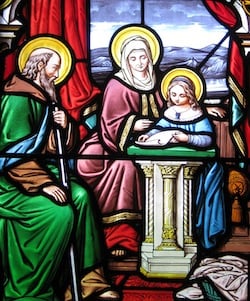 Sts. Anne and Joachim
Sts. Anne and Joachim
 St. Robert Bellarmine
St. Robert Bellarmine
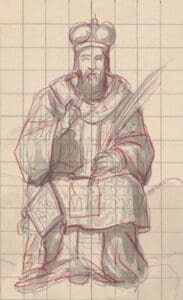 Sts. Cornelius and Cyprian
Sts. Cornelius and Cyprian
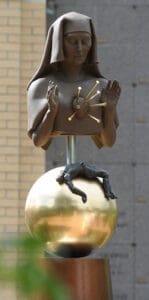 Our Lady of Sorrows
Our Lady of Sorrows
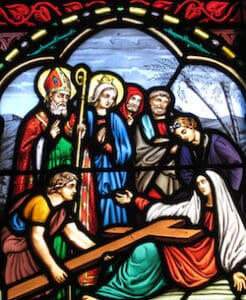 The Exaltation of the Holy Cross
The Exaltation of the Holy Cross
 St. John Chrysostom
St. John Chrysostom
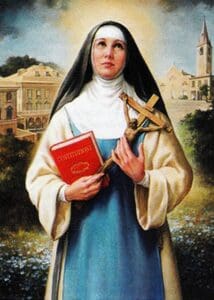 Blessed Victoria Strata
Blessed Victoria Strata
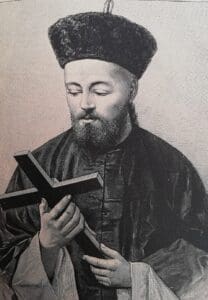 St. John Gabriel Perboyre
St. John Gabriel Perboyre
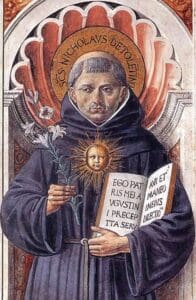 St. Nicholas of Tolentino
St. Nicholas of Tolentino
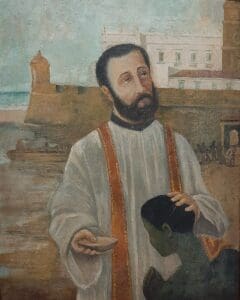 St. Peter Claver
St. Peter Claver
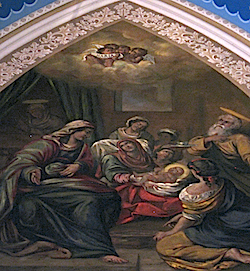 Feast of the Birth of Mary
Feast of the Birth of Mary
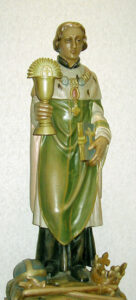 St. Cloud
St. Cloud
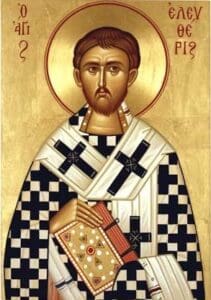 St. Eleutherius
St. Eleutherius
 St. Teresa of Calcutta
St. Teresa of Calcutta
 St. Rose of Viterbo
St. Rose of Viterbo
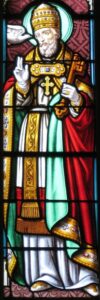 Pope St. Gregory the Great
Pope St. Gregory the Great
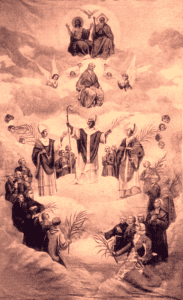 Blessed Jean-Marie du Lau and the Martyrs of September
Blessed Jean-Marie du Lau and the Martyrs of September
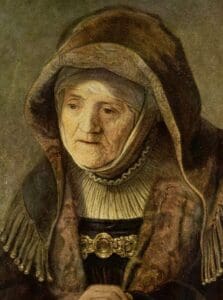 St. Anna the Prophetess
St. Anna the Prophetess
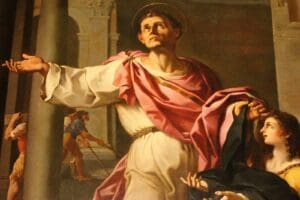 St. Pammachius
St. Pammachius
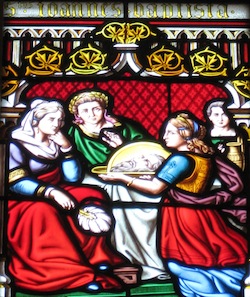 Feast of the Beheading of John the Baptist
Feast of the Beheading of John the Baptist
 St. Augustine
St. Augustine
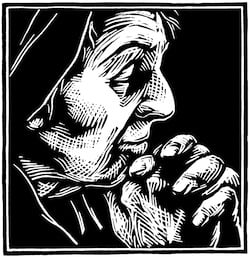 St. Monica
St. Monica
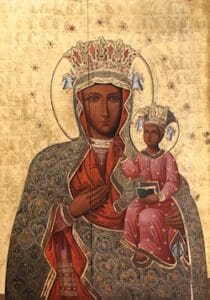 Our Lady of Czestochowa
Our Lady of Czestochowa

